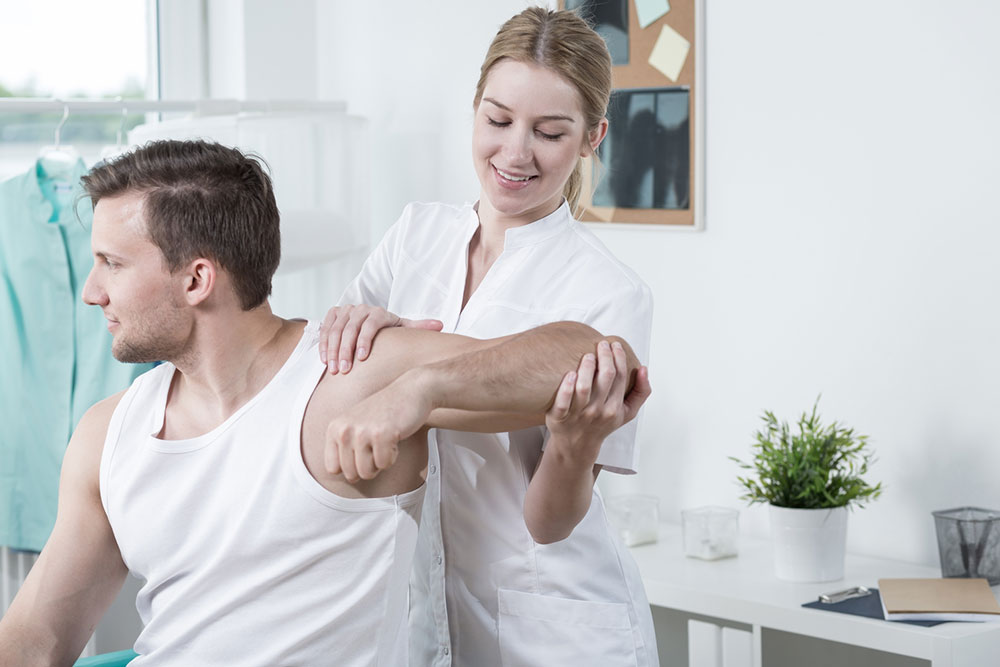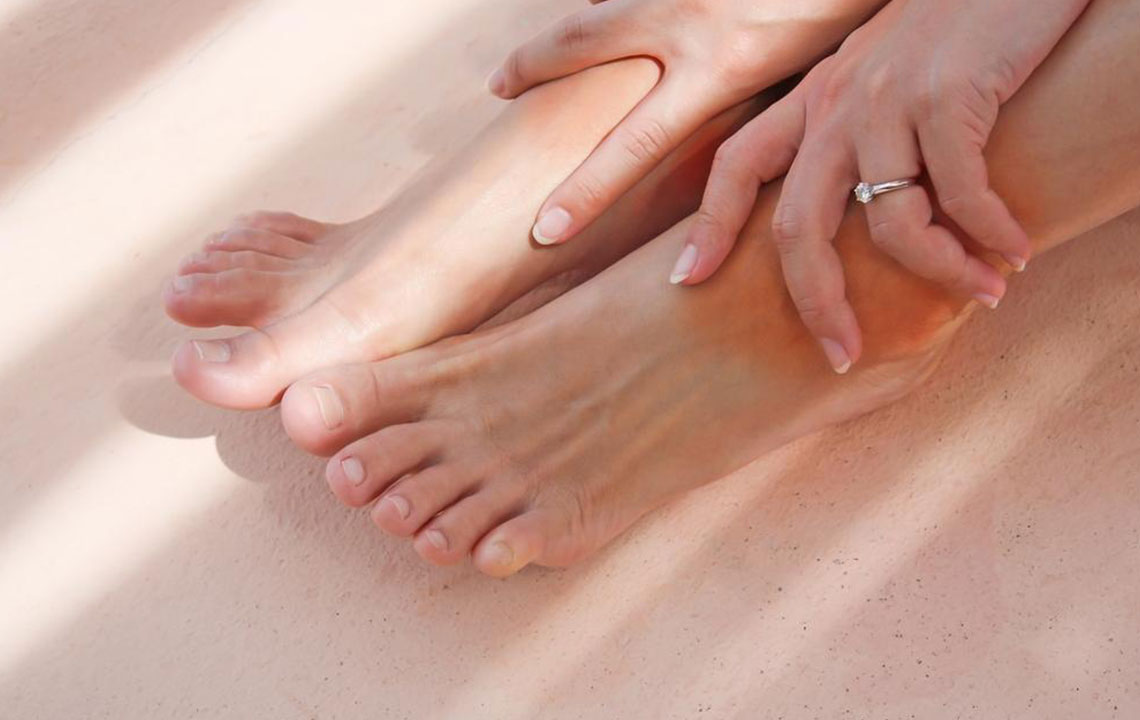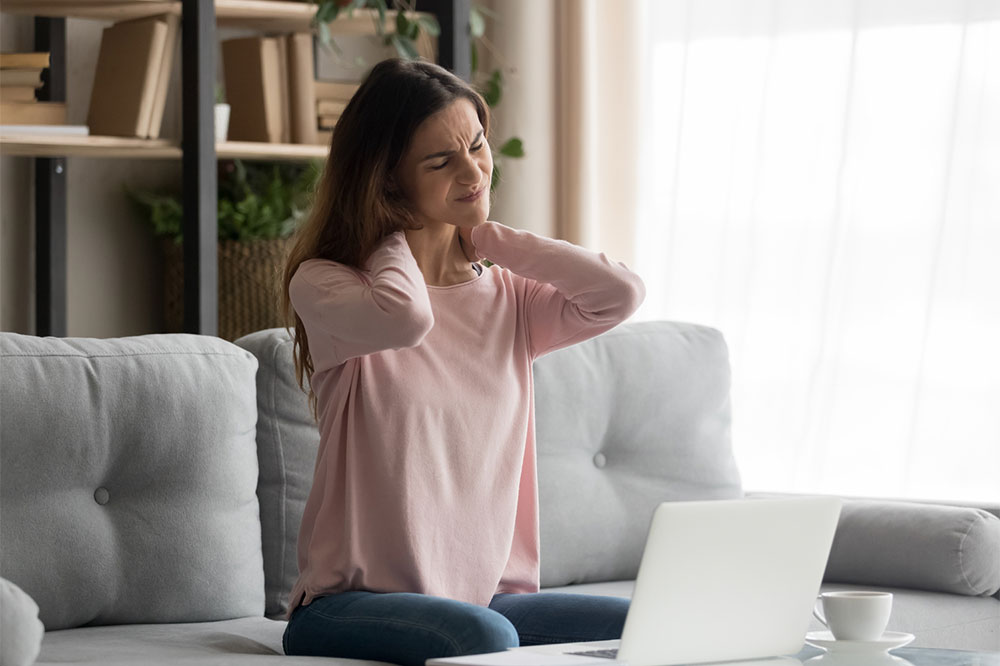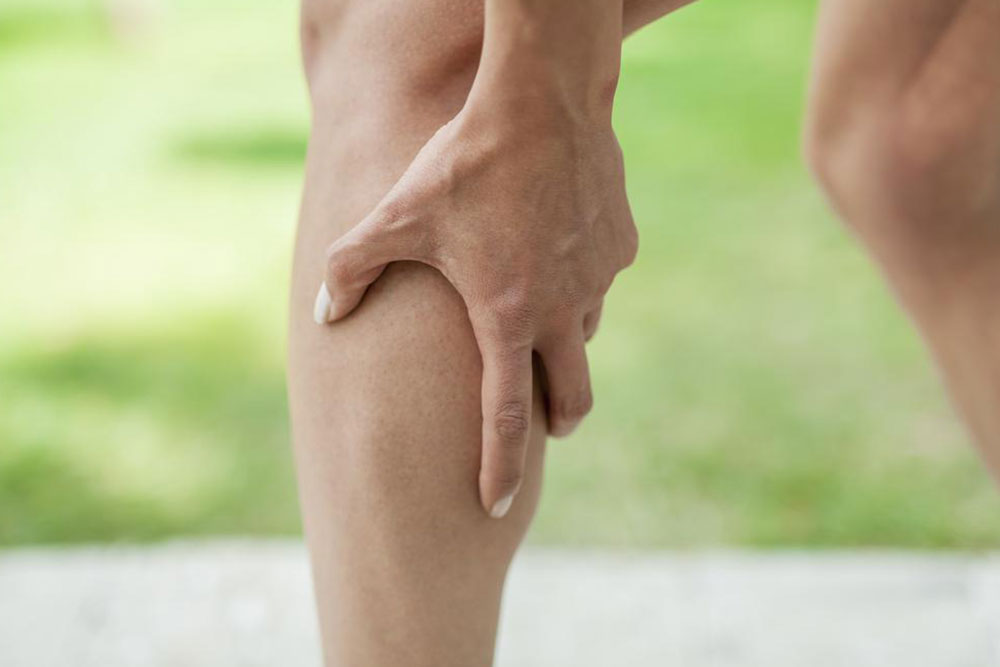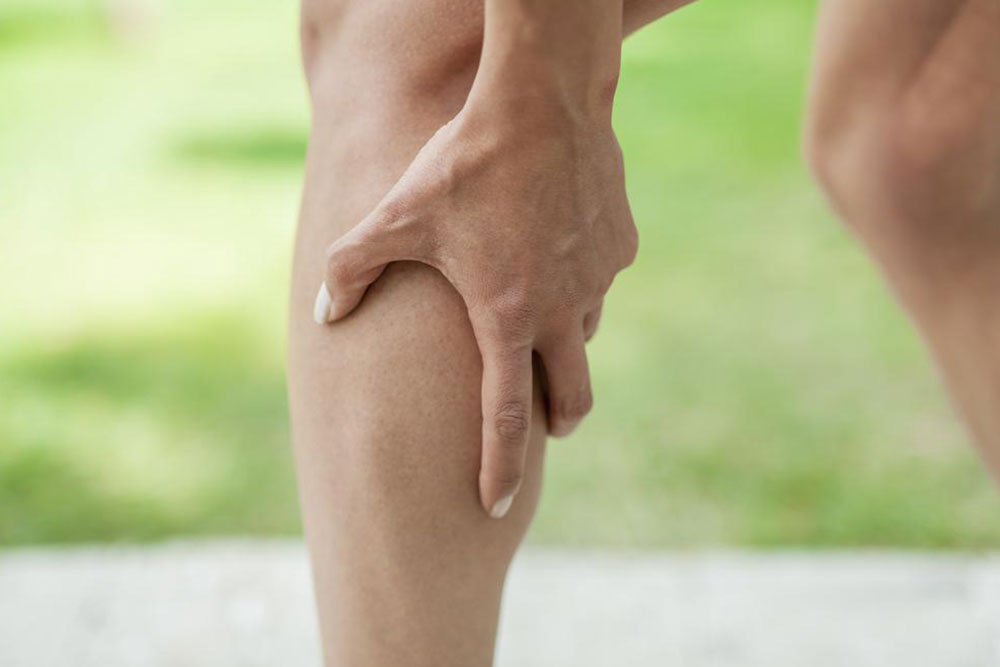Comprehensive Guide to Muscle Cramps: Causes, Prevention, and Effective Remedies
This detailed article offers in-depth insights into the causes of muscle cramps, practical prevention tips, and effective home remedies to relieve pain quickly. It emphasizes early intervention, proper hydration, and lifestyle adjustments to manage cramps effectively, while advising when to see a healthcare professional for persistent issues. Ideal for those seeking comprehensive guidance on muscle spasm relief, your ultimate resource for understanding and handling cramps safely and efficiently.
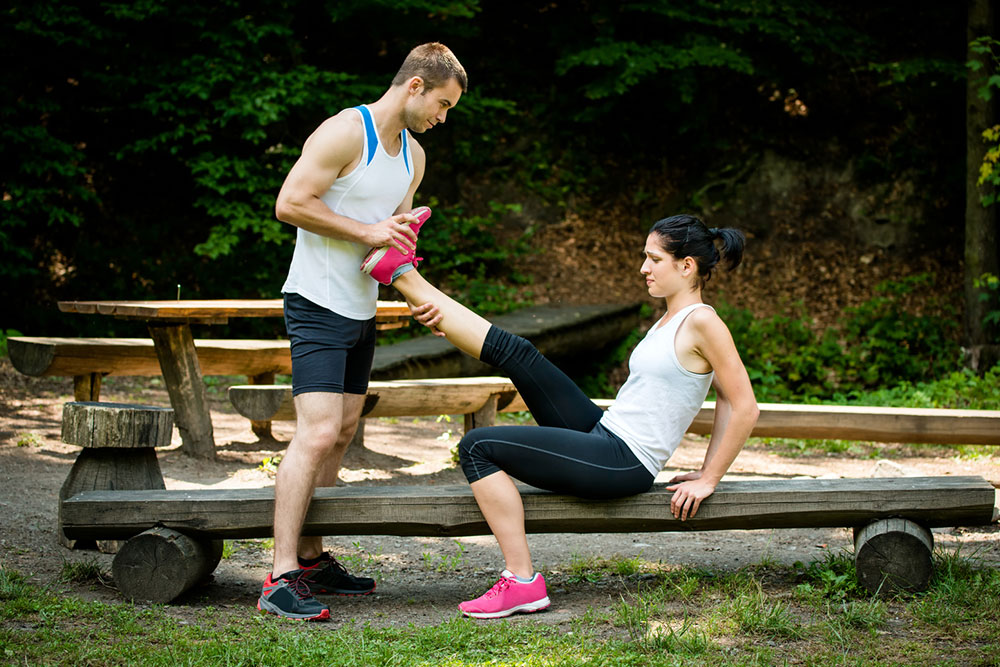
Comprehensive Guide to Muscle Cramps: Causes, Prevention, and Effective Remedies
Experiencing muscle cramps can be a common yet often frustrating discomfort that many individuals encounter, especially during colder seasons or after intense physical activity. These involuntary contractions of muscles can occur suddenly, causing transient pain and stiffness—that may last from just a few seconds to several minutes. Despite their unpredictable nature, muscle cramps are generally manageable with proper knowledge and simple home remedies. Understanding what triggers these spasms and how to address them effectively is key to reducing their frequency and severity.
Understanding the Causes of Muscle Cramps
Muscle cramps are caused by a complex interplay of various factors, including physical, environmental, and health-related influences. Recognizing these underlying causes helps in developing personalized prevention and treatment strategies. Here are some of the most common reasons behind muscle cramps:
Overexertion and Muscle Fatigue: Engaging in intense or prolonged physical activities strains muscles, increasing their susceptibility to spasms. Repetitive motion without proper rest can lead to muscle exhaustion, precipitating cramps.
Lack of Proper Stretching: Failing to stretch muscles before exercise limits their flexibility, raising the risk of cramps during or after activity. Proper warm-up prepares muscles for physical stress.
Electrolyte Imbalances: Minerals like potassium, calcium, magnesium, and sodium are vital for normal muscle function. Imbalances caused by poor diet, dehydration, or illness can disrupt nerve signaling and trigger cramps.
Dehydration: Adequate fluid intake is essential for muscle health. Dehydration reduces electrolyte levels and hampers muscle contraction and relaxation processes.
Hot and Humid Conditions: Exercising or working in high temperatures can lead to rapid fluid and electrolyte loss, increasing cramp risk.
Underlying Medical Conditions: Conditions such as diabetes, nerve disorders, or circulatory issues can predispose individuals to frequent cramps. In some cases, medications might also contribute.
Posture and Physical Environment: Poor posture, standing or working on hard surfaces for extended periods, or sitting for long durations, especially in awkward positions, can strain certain muscles, resulting in cramps, often during nighttime.
Nighttime leg cramps are particularly common and are often linked to factors like muscle fatigue, dehydration, and poor circulation. Prolonged sitting or standing can also contribute by decreasing blood flow, leading to spasms in the calves or thighs.
Effective Home Remedies to Relieve Muscle Cramps Quickly
When a cramp strikes, prompt action can often alleviate discomfort and prevent further tension. Here are some tried-and-true home remedies that provide effective, safe, and immediate relief:
Gentle Stretching of the Affected Muscle: Carefully stretching the muscle helps relax the spasm. For calf cramps, lie on your back and pull your toes upward toward your shin to stretch the calf, holding the position until the pain diminishes. For thigh cramps, stand and pull the ankle toward your buttocks, supporting yourself with a steady object if needed. For neck cramps, rotate shoulders gently or tilt the head to stretch tense muscles. Remember to perform slow and gentle stretches to avoid injury.
Massaging the Muscle: Light pressure or massage on the cramped area can promote blood flow and help soothe the muscle. Techniques such as Swedish massage, kneading, or applying firm pressure with fingertips can be beneficial in relaxing tight muscles.
Applying Ice Packs: Cold therapy reduces inflammation and numbs the area, alleviating pain. Wrap an ice pack or a bag of frozen peas in a cloth and apply it on the cramped muscle for around 10 minutes. This helps decrease swelling and provides quick relief.
Using Heat Therapy: Warm compresses or a hot bath relax stiff muscles and improve circulation. Applying heat for 15-20 minutes can help ease spasms, especially in chronic cases. A heating pad or warm towel can be effective tools, but avoid excessive heat to prevent burns.
Magnesium-Rich Bath with Epsom Salt: Soaking in a warm bath with Epsom salt (magnesium sulfate) can help replenish magnesium levels, which are crucial for muscle relaxation. Magnesium deficiency is a common cause of cramps, and Epsom salt baths are a natural and soothing remedy.
Hydration and Rest: Drinking plenty of water is vital after a cramp, especially if dehydration is suspected. Rest allows muscles to recover, but gentle movement—such as walking or light stretching—can prevent stiffness and stiffness. Avoid excessive rest, which can sometimes worsen cramps.
When to Seek Medical Advice for Muscle Cramps
Most muscle cramps are harmless and resolve with home care. However, persistent, severe, or recurrent cramps warrant medical attention. Consult a healthcare provider if cramps:
Last longer than 72 hours despite home remedies
Become increasingly painful or intense
Interfere significantly with daily activities or sleep
Are associated with swelling, redness, or signs of infection
Occur frequently without apparent cause
Chronic cramps could indicate underlying health issues that require diagnostic evaluation and targeted treatment. A healthcare professional can help identify underlying conditions and recommend appropriate interventions, including medication, physical therapy, or lifestyle modifications.
In conclusion, muscle cramps, although common, can be effectively managed with proper understanding and timely action. Simple lifestyle adjustments, hydration, and home remedies often suffice to reduce their occurrence and severity. For persistent problems, seeking medical advice ensures comprehensive care and long-term relief.
